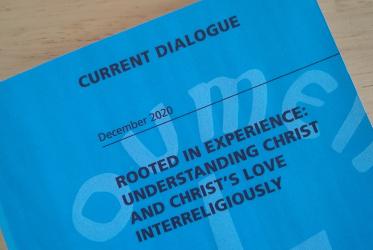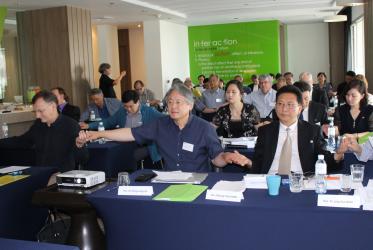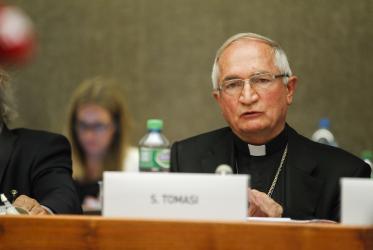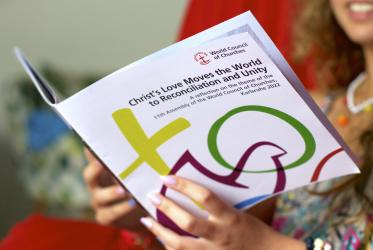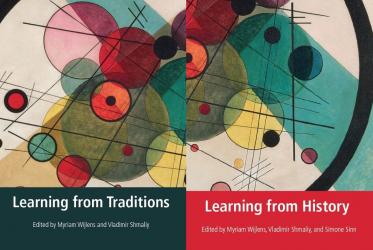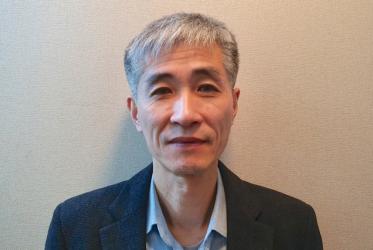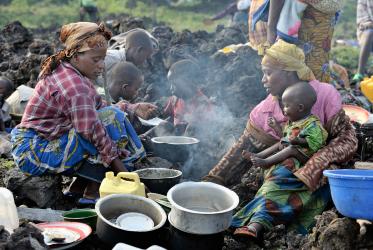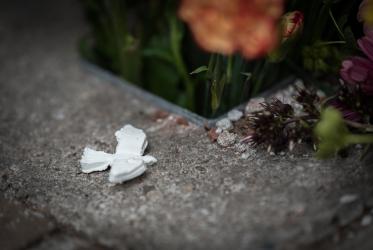Displaying 141 - 160 of 531
Peace and unity on the Korean Peninsula matters globally
25 February 2021
Rev. Shin Seung-min: “We want to create hope, not despair”
22 December 2020
Education has a crucial role for sustainable peace in Iraq
18 December 2020
Driven by God’s grace and a sense of duty
05 November 2020
Bilateral dialogue “an activity of the churches themselves”
29 October 2020
WCC condemns killing of schoolchildren in Cameroon
26 October 2020
